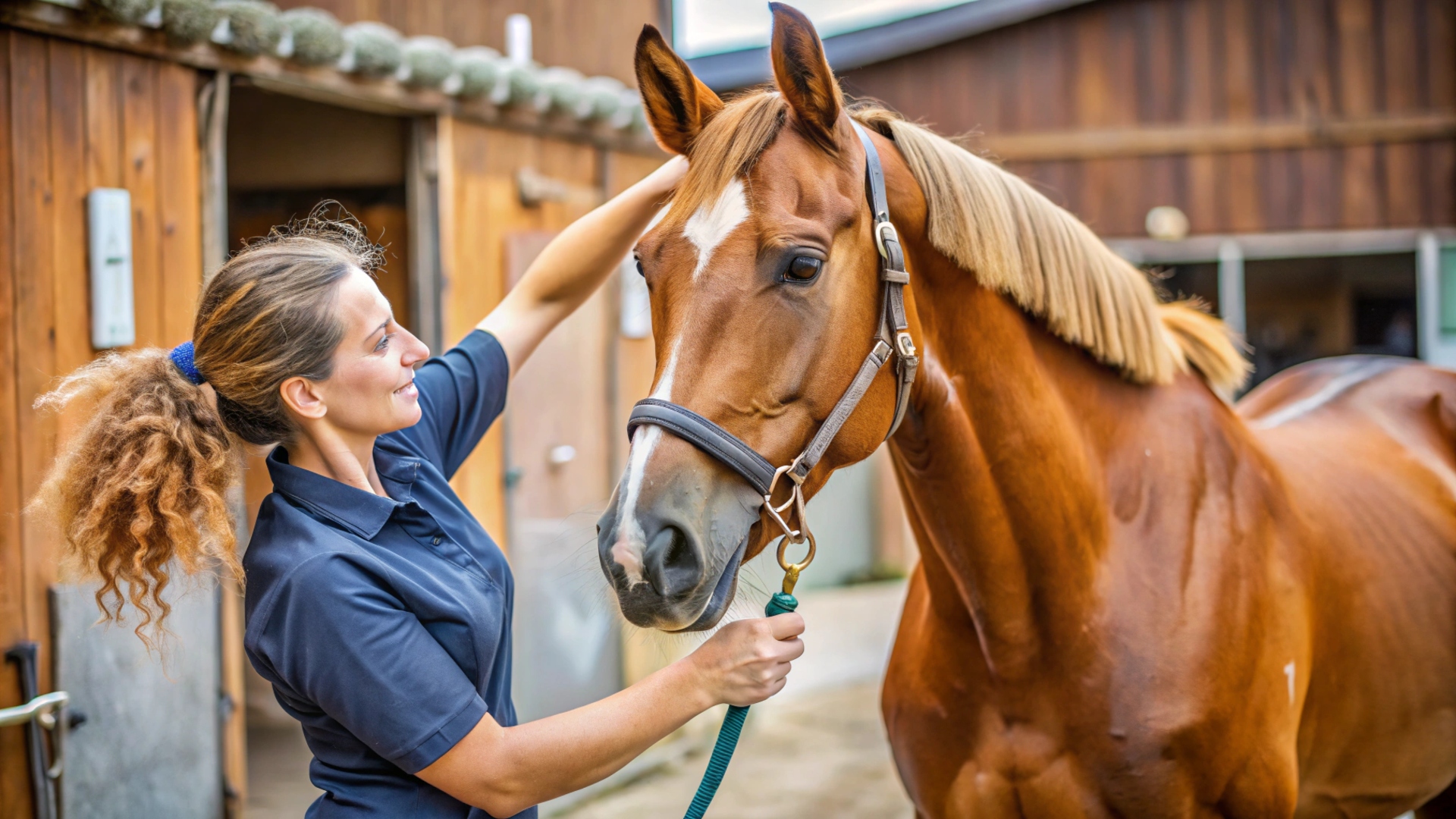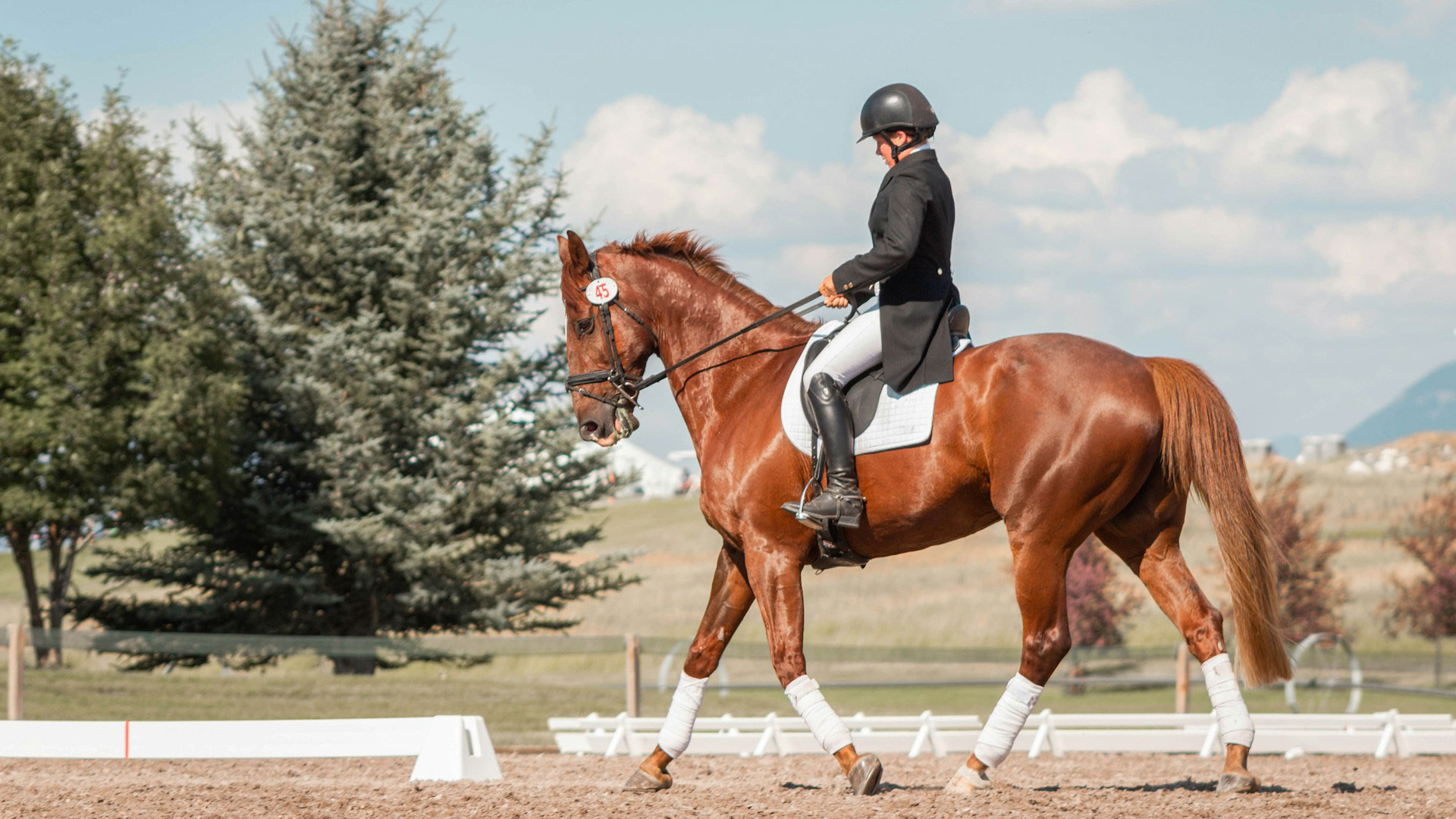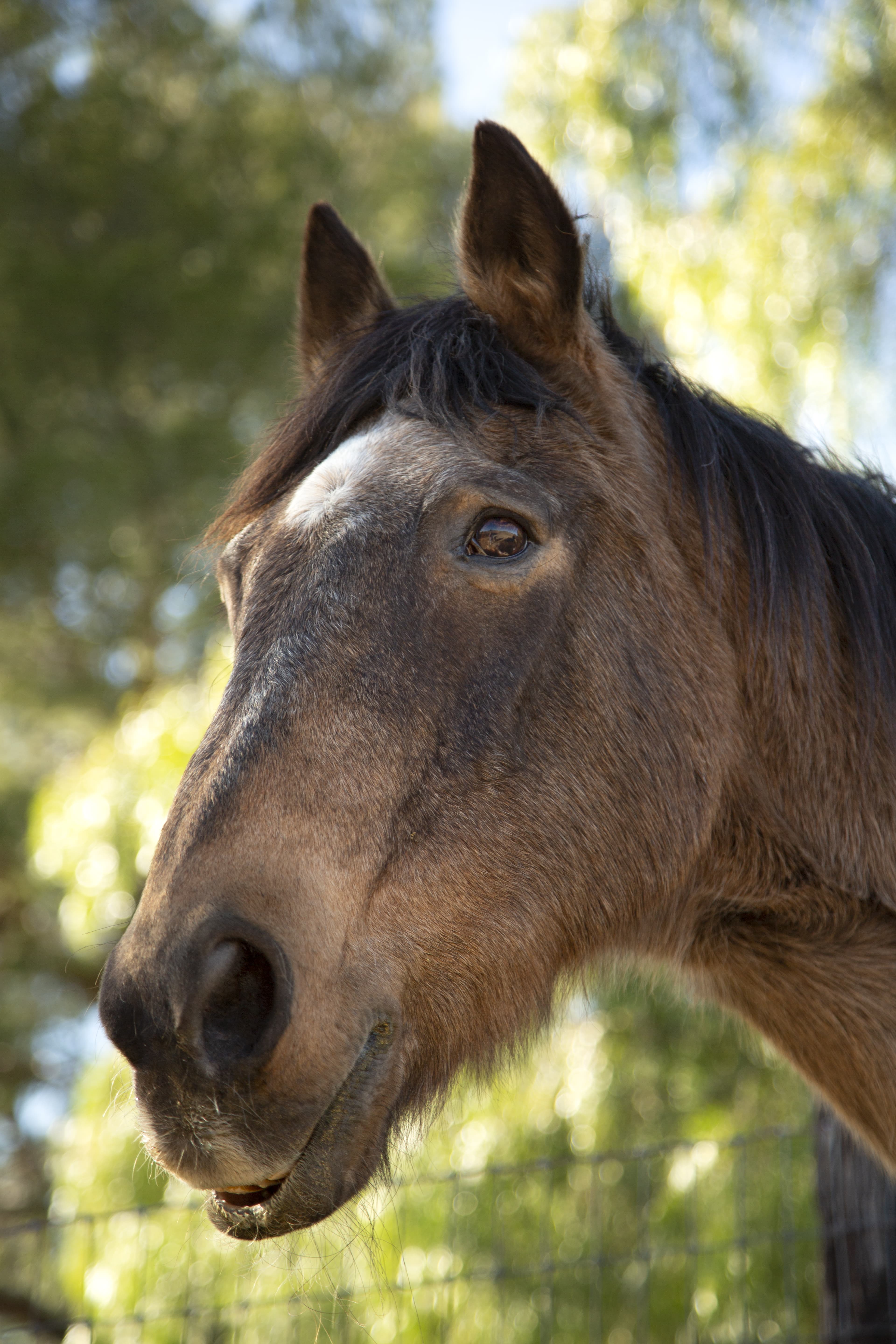
Flies around horse: Why They Appear and How to Combat Them
One of the most annoying inconveniences for both horses and their owners are flies, which always seem to be around them.
Why are there so many flies around horses?
They are especially attracted to horses due to various biological and environmental factors. These insects not only seek a warm place to rest but are also drawn by:
- Sweat and odor: horses produce a considerable amount of sweat, especially in warm climates or during exercise. Sweat is a mix of salts and water that is highly attractive to certain types of flies.
- Manure and urine: flies tend to reproduce in humid environments rich in organic matter. Horse manure and urine provide the ideal environment for them to lay their eggs, increasing their population in stables and surrounding areas.
- Bodily fluids: they are also attracted to moist areas on the horse's body, such as the eyes, nose, and ears. This is because they feed on the natural secretions that horses produce, causing discomfort and irritation.
Negative effects of flies on horses
The constant presence of flies can cause a series of negative effects on horses, including:
- Stress and irritation: these insects are irritating, especially when they land on sensitive areas like the eyes and wounds. This can cause discomfort and stress in the horse, affecting its behavior and well-being.
- Infections: their bites can leave open wounds, increasing the risk of infection. Some also transmit diseases, which can endanger the animal's health.
- Decreased performance: a horse that is constantly agitated by flies will have trouble concentrating on its work, which can affect its performance in equestrian sports or during training.
How to prevent flies around horses?
There are several strategies and products you can use to minimize the presence of flies and improve the quality of life for your horses. Here are some effective solutions:
Maintaining stable hygiene
- Frequently remove manure and food scraps: flies tend to reproduce in dirty environments. Keeping the horse's area clean and free of manure can significantly reduce the fly population.
- Manage manure properly: proper manure management, such as daily removal or composting in areas far from the stable, is crucial to prevent fly reproduction.
Use of fly repellents
- There are repellents available in the form of sprays, lotions, or gels that help keep flies away from the horse's body.
- Some products contain natural ingredients like essential oils, while others include chemical compounds. It's important to ensure that the repellent is safe for use on animals.
Installing traps
Traps are an effective option to catch flies before they get close to the horses. These traps usually contain bait that attracts flies, helping to reduce their population near the stable.
Using fly sheets and masks for horses
Fly sheets and protective masks are accessories specifically designed to protect horses from bites. These lightweight garments cover the horse without causing discomfort and can be very helpful during fly season.
Repellent plants and natural solutions
- Some plants, like citronella, rosemary, or lavender, act as natural repellents. Placing them around the stable or in nearby pots can help keep flies away.
- Additionally, homemade mixtures with essential oils (citronella, eucalyptus, etc.) are also a natural option to complement the use of commercial products.
What is the best fly repellent for horses?
There is no single product that works for all situations, as it depends on the severity of the fly infestation and the horse's sensitivity to certain ingredients.
However, repellents that contain natural essential oils and those that combine pyriproxyfen with active ingredients are usually effective for most cases.
It is advisable to consult with a veterinarian before applying any product, especially if the horse shows any adverse reaction or allergy.
Flies can be a real nuisance for both horses and their caretakers, but with a good prevention strategy, it is possible to keep them at bay. Maintaining stable hygiene, using suitable repellents, and employing traps or natural methods are key to achieving a fly-free environment. This way, horses can enjoy their surroundings with more comfort, improving their well-being and performance.












_v2.svg)
_v2.svg)









_v2.svg)


